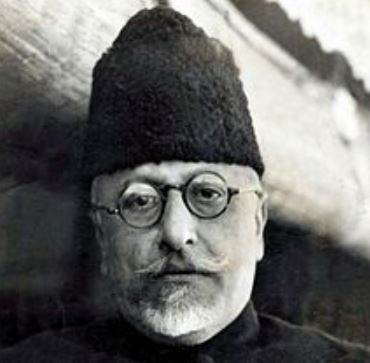
India wins Freedom is an autobiography of
Maulana Abul Kalam Azad starting with the presentation of the administration of India act 1935 by British India and the occasions prompting the partition of the Subcontinent. It comprises of 283 pages covering sixteen sections on major political advancements and occasions throughout the entire existence of unified India after 1935.
The book gives us an understanding of the political existence of Maulana Azad's battle for freedom. It likewise gives mental understanding into the psyches of a portion of the significant political characters in the Congress central leadership. It presents one of the numerous sides of the image in a dim manner.
Gandhi's image drawn by Azad is to some degree legitimate and his line of deduction is by all accounts swaying between two boundaries. He would not consent to a view somewhat veering off from peacefulness on significant political issues, where the circumstance requested an adaptable disposition.
The greater part of the Congress party in the perspective on Azad's account would subordinate their decisions on significant issues to alter them to Gandhi's position at last; Azad reprimands Gandhi for carrying Jinnah into the political scene permitting him to recapture his lost position.